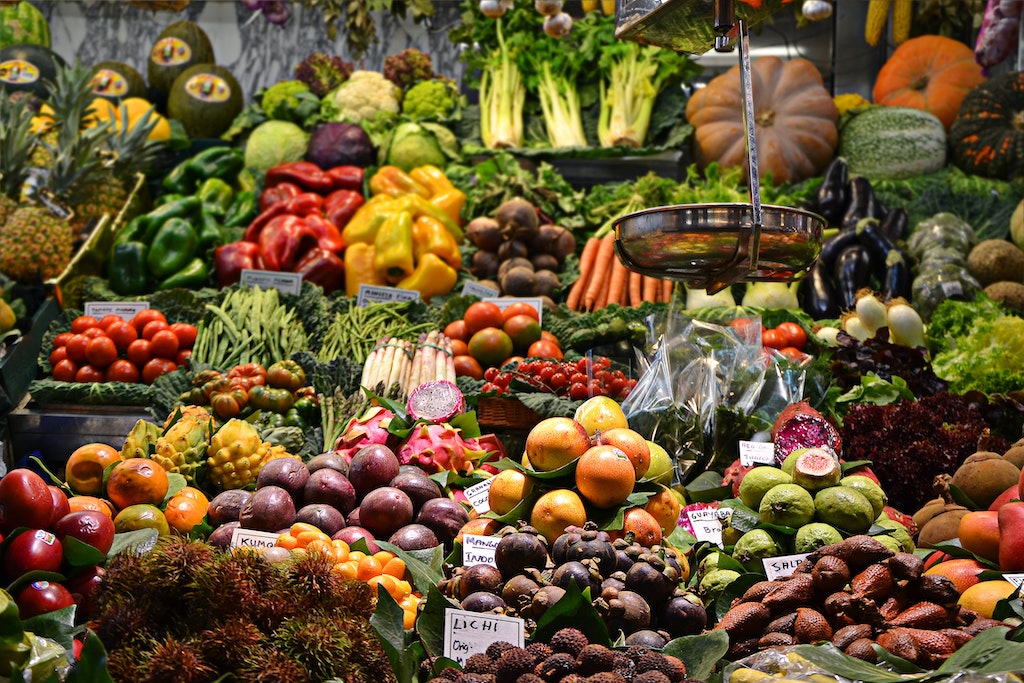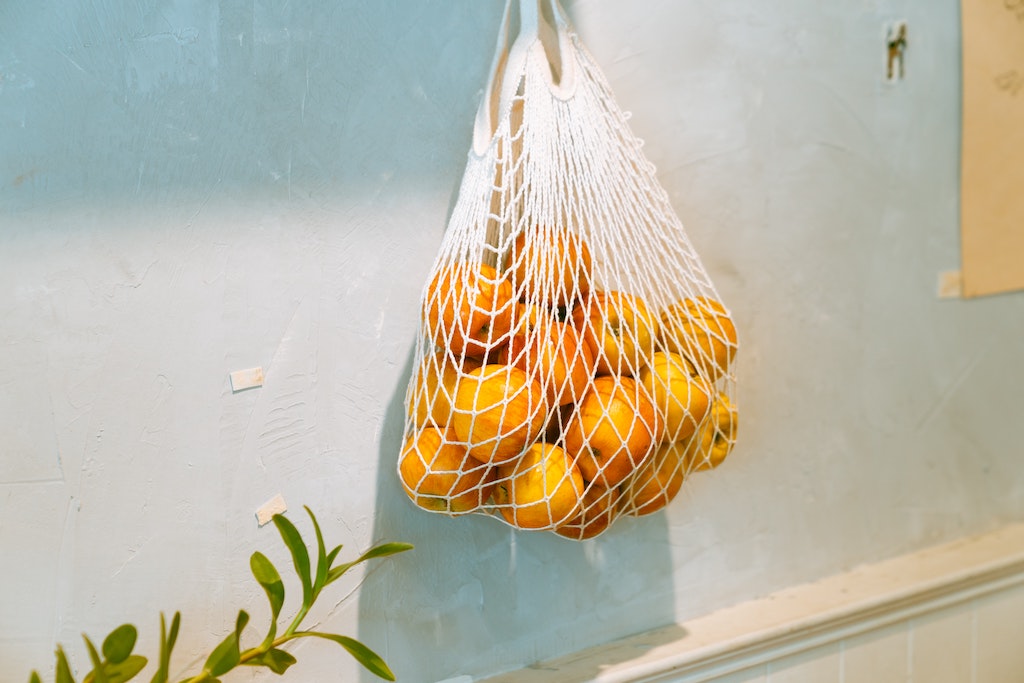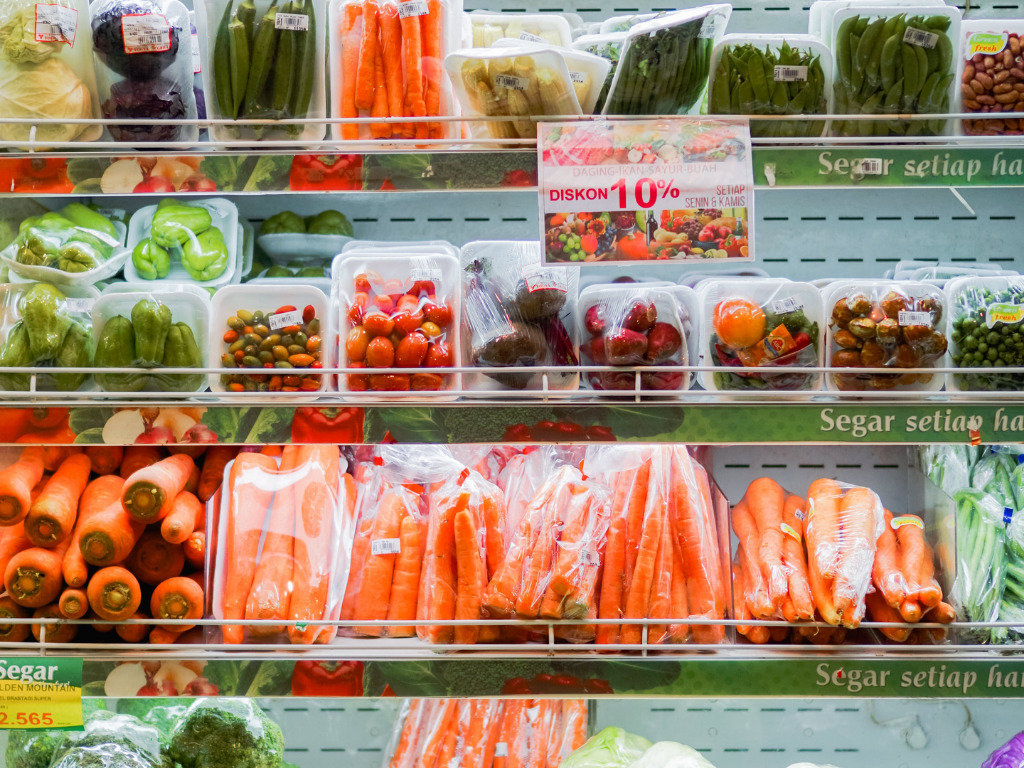3 Mins Read
Purchasing fruits and vegetables packaged in plastic wrap creates two problems for the environment: more plastic and more food waste, according to new research.
The U.K.-based sustainability nonprofit Wrap, looked at the sales of five fresh fruit and vegetable items over an 18-month period. It found that sales of items wrapped in plastic at retail, including bananas, broccoli, apples, potatoes, and cucumbers, forced consumers to overbuy, leading to additional food waste.
“While packaging is important and often carries out a critical role to protect food, we have proven that plastic packaging doesn’t necessarily prolong the life of uncut fresh produce,” Marcus Gover, Wrap’s CEO told the Guardian. “It can in fact increase food waste in this case. We have shown the massive potential to save good food from being thrown away by removing date labels,” Gover said.
Plastic on produce
The research found that selling the items loose instead of in plastic, as well as removing any ‘best-before’ dates, would have reduced plastic waste by more than 10,300 tons and saved about 100,000 tons of produce from going uneaten.
“We found that storing food in the fridge at below five degrees gave days, weeks, and, in the case of apples, months more quality product life,” said Gover. “We found that for most items, the plastic packaging they were sold in made little or no difference to their shelf life.

“In cases where consumers had no choice but to buy more than they needed in pre-packed packaging, this could actually increase food waste,” he added.
The key difference, according to Wrap, is that when sold loose, customers purchased only what they needed, and used their own judgment to determine their own ‘best before’ timeline.
Wrap is now urging supermarkets to remove excess plastic packaging and produce ‘best before’ dates by 2025 to help curb the food waste crisis. That shift alone would remove more than 1,000 garbage trucks worth of plastic each year.
“We are all living with the reality of the climate emergency and the rising cost of living. This new clarity could not be more timely. We need retailers to step up and follow our recommendations so we can achieve real progress in tackling food waste and plastic pollution. This helps save the planet and us money at the same time – a real win-win,” Gover said.
Food’s climate impact
Food waste across the globe is significant, with more than a third of all edible food not making it to market; estimates put the global annual total at about 1.4 billion tons of food waste. It’s a leading contributor to climate change.

In the U.K., Britons toss nearly half a million tons of fresh vegetables and a quarter of a million tons of fresh fruit each year.
The U.S. is the world’s leading producer of food waste, producing more than 40 million tons of it every year, or about 220 pounds per person per year. Food is the largest category of landfill mass, making up 22 percent of municipal solid waste.
Plastic is also a big problem for the planet. More than 300 million tons of plastic are produced every year—a number recent research says is already too much for the planet, even if we stop producing new plastic immediately. Fifty-percent of new plastic is single-use only, and an estimated eight million tons of plastic enter waterways and oceans every year.
Photo by Fikri Rasyid on Unsplash




